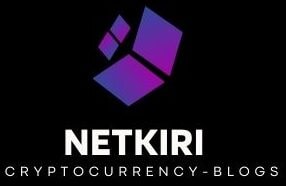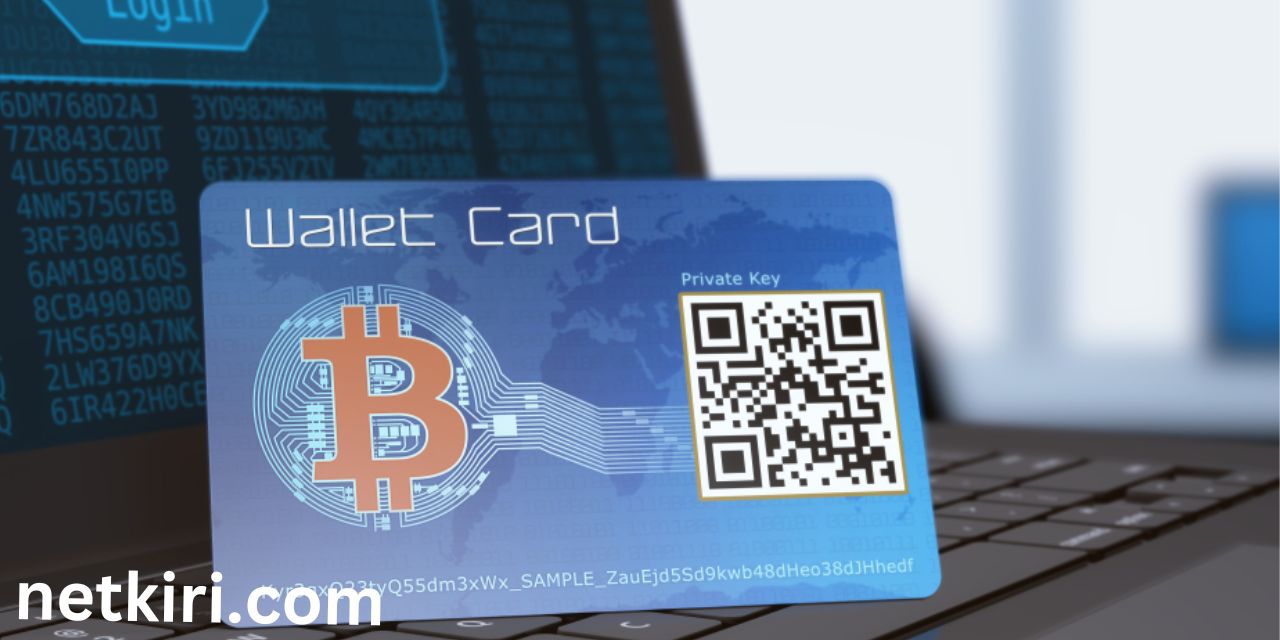In the rapidly evolving landscape of digital finance, cryptocurrencies have emerged as a disruptive force, offering a decentralized alternative to traditional financial systems. As the adoption of cryptocurrencies continues to expand, businesses are increasingly exploring the integration of cryptocurrency payment gateways into their operations. These gateways serve as crucial bridges between traditional fiat currencies and digital assets, facilitating seamless transactions for merchants and consumers alike. In this article, we delve into the features, fees, and integration options associated with cryptocurrency payment gateways.
Understanding Cryptocurrency Payment Gateways
Cryptocurrency payment gateways are platforms or services that enable businesses to accept payments in cryptocurrencies such as Bitcoin, Ethereum, Litecoin, and others. These gateways act as intermediaries, processing transactions between customers and merchants, and converting cryptocurrency payments into fiat currency or retaining them in digital form, depending on the merchant’s preference.
Features of Cryptocurrency Payment Gateways
- Security: Cryptocurrency payment gateways prioritize security measures to protect both merchants and customers from fraud and cyber threats. They employ encryption techniques, secure sockets layer (SSL) protocols, and two-factor authentication (2FA) to safeguard transactions and sensitive information.
- Multi-Currency Support: Leading cryptocurrency payment gateways support a wide range of digital assets, allowing merchants to accept payments in various cryptocurrencies. This flexibility caters to the diverse preferences of customers and enhances the accessibility of merchants’ products or services.
- Automatic Conversion: Some payment gateways offer automatic conversion services, enabling merchants to receive payments in their preferred fiat currency, mitigating the volatility associated with cryptocurrencies. This feature provides stability and predictability in financial transactions, reducing the risk for merchants.
- Customization Options: Cryptocurrency payment gateways often provide customizable features and settings that allow merchants to tailor payment processes to their specific needs. This includes branding options, checkout page customization, and integration with existing e-commerce platforms.
- Real-Time Settlements: With real-time settlement capabilities, merchants can receive funds from cryptocurrency transactions quickly, enhancing cash flow and liquidity. This feature is particularly beneficial for businesses operating in fast-paced industries where timely access to funds is essential.
- API Integration: Integration with application programming interfaces (APIs) enables seamless integration of cryptocurrency payment gateways into various e-commerce platforms, websites, and mobile applications. This simplifies the implementation process for merchants and enhances the overall user experience.
Fees Associated with Cryptocurrency Payment Gateways
While cryptocurrency payment gateways offer numerous benefits, merchants should be aware of the fees associated with these services. The fee structure typically includes:
- Transaction Fees: Similar to traditional payment processors, cryptocurrency payment gateways charge transaction fees for processing payments. These fees are usually calculated as a percentage of the transaction amount or a fixed amount per transaction.
- Conversion Fees: If merchants opt for automatic conversion of cryptocurrency payments into fiat currency, they may incur conversion fees. These fees are determined based on the exchange rate and may vary depending on the gateway provider.
- Monthly Subscription Fees: Some payment gateways may require merchants to pay monthly subscription fees for access to their services. The subscription fee may vary based on the plan chosen and the level of features and support provided.
- Withdrawal Fees: When merchants transfer funds from their cryptocurrency wallet to a bank account or another financial institution, they may encounter withdrawal fees imposed by the payment gateway or the cryptocurrency network.
- Currency Exchange Spread: Cryptocurrency payment gateways may apply a spread or markup on the exchange rate when converting cryptocurrency payments into fiat currency. This spread represents the difference between the buying and selling prices of cryptocurrencies and serves as a source of revenue for the gateway provider.
Integration Options for Merchants
Integrating a cryptocurrency payment gateway into existing business operations can be accomplished through various methods:
- Hosted Payment Pages: Some cryptocurrency payment gateways offer hosted payment pages that merchants can link to from their websites or e-commerce platforms. This method simplifies the integration process and allows merchants to start accepting cryptocurrency payments quickly.
- API Integration: For merchants seeking a more customized payment solution, API integration provides greater flexibility and control over the payment process. By integrating directly with the payment gateway’s API, merchants can create a seamless checkout experience tailored to their specific requirements.
- Shopping Cart Plugins: Many e-commerce platforms offer plugins or extensions that enable seamless integration of cryptocurrency payment gateways. Merchants can install these plugins with minimal technical expertise, allowing them to accept cryptocurrency payments alongside traditional payment methods.
- Mobile SDKs: Cryptocurrency payment gateways may provide software development kits (SDKs) for mobile app integration. By integrating the SDK into their mobile applications, merchants can accept cryptocurrency payments within their apps, expanding their reach to mobile users.
Conclusion
Cryptocurrency payment gateways represent a significant advancement in the realm of digital payments, offering merchants the ability to accept payments in cryptocurrencies with ease and efficiency. With features such as security, multi-currency support, and real-time settlements, these gateways empower businesses to tap into the growing market of cryptocurrency users while mitigating the associated risks. By understanding the features, fees, and integration options associated with cryptocurrency payment gateways, merchants can make informed decisions that align with their business objectives and customer preferences, paving the way for enhanced financial transactions in the digital age.

